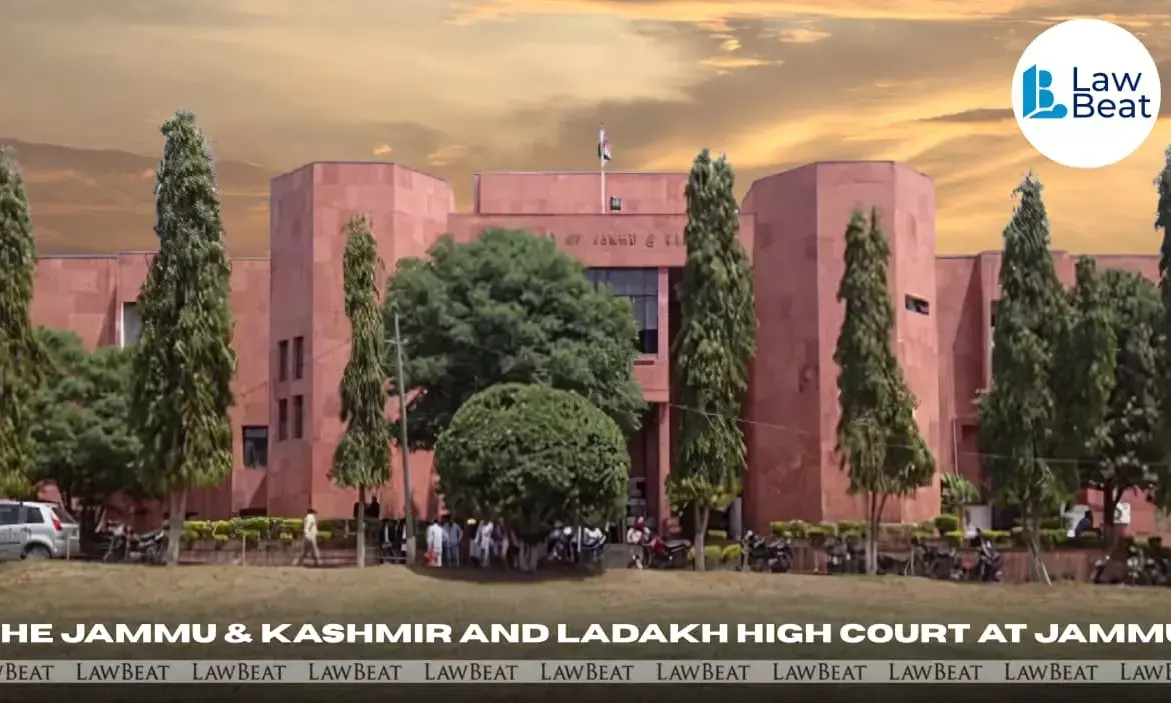J&K and Ladakh HC Quashes FIR Alleging 85-Year-Old Father-in-Law Sexually harassed Daughter-in-Law

J&K HC Quashes FIR Alleging 85-Year-Old Father-in-Law Molested Daughter-in-Law
The Jammu & Kashmir and Ladakh High Court recently quashed an FIR lodged against an 85-year-old man and his sons, terming the allegations made by his daughter-in-law as “absurd, inherently improbable and actuated with malice".
The bench of Justice Rajesh Sekhri allowed the plea filed by Nanak Chand and his two sons under Section 482 of the Code of Criminal Procedure (now Section 528 of the Bharatiya Nagarik Suraksha Sanhita), seeking quashing of the FIR registered at Nowshera Police Station.
The FIR, lodged by Chand’s daughter-in-law in September 2022, accused him and his younger sons of forcibly entering her locked house, assaulting her, tearing her clothes, outraging her modesty, and stealing cash and gold ornaments. Based on this complaint, police had booked the family under Sections 457, 382, 354, 427, 323 and 506 of the Indian Penal Code.
The petitioners, however, argued that the case was nothing more than an extension of a long-running family property dispute. Nanak Chand had disinherited his eldest son, the complainant’s husband, in 2018 after discovering that he had allegedly tricked him into signing a will and power of attorney. The fallout triggered multiple civil and criminal proceedings, including a domestic violence case that was later compromised before a Lok Adalat, and counter FIRs alleging trespass and assault.
Against this backdrop, Chand contended that the impugned FIR was filed with an ulterior motive of coercing him into reversing the disinheritance and conceding property rights.
Justice Sekhri accepted these arguments, observing that courts must remain vigilant when civil disputes are “camouflaged” as criminal cases.
“The case on hand is an unfortunate family feud amongst an 85-year-old father, his son and daughter-in-law...It is manifest that a pure civil dispute is sought to be camouflaged and given a criminal texture,” the court noted.
Justice Sekhri was particularly critical of the nature of the allegations. “Allegations that an 85-year-old father-in-law, along with his sons, assaulted his daughter-in-law, tore her clothes, outraged her modesty, and stole away gold and cash in broad daylight, in the very presence of his three sons, are not only absurd and inherently improbable, but it is manifest that these allegations are attended with malice and instituted to wreak vengeance,” he held.
Court drew upon Supreme Court rulings, including State of Haryana v. Bhajan Lal (1992), State of Karnataka v. L. Muniswamy (1977), and Salib @ Shalu @ Salim v. State of U.P. (2023), to underline that the inherent jurisdiction of the High Court exists to prevent abuse of process. It emphasized that while ordinarily courts do not interfere with investigations, they are duty-bound to step in when criminal proceedings are initiated with mala fide intent.
Unscrupulous litigants and skilful lawyers often design complaints to create an illusion of a cognizable offence when in reality the underlying facts do not support such charges. Courts must ensure that deft drafting does not allow parties to circumvent the law, the judgment warned.
Finding the allegations to be a product of “personal vengeance” over disinheritance, the High Court quashed the FIR in its entirety.
Case Title: Nanak Chand and Ors. vs. UT of J&K &Anr.
Order Date: September 1, 2025
Bench: Justice Rajesh Sekhri
